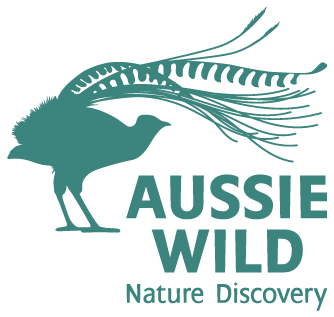‘Bird Watching’
A complete bird watching course which will will take beginners, irregular birders and nature lovers from the basics to mastering all the field craft and know-how to create a lifetime of joy in the natural world.
Wouldn’t it be great . . .
to walk into any natural landscape and have the skills to see more birds, identify them with confidence, know their songs, understand their stories and lives; to enter more deeply into the vast complexity of the natural environment which surrounds you? If you answered “Yes!”, then “Bird Watching” is the course for you. “Bird Watching” is a four part course which runs over four months. Comprised of four zoom conferences, four comprehensive ebooks, three engaging field assignments and six field trips which target building knowledge and skill sets, this course will take you on a journey that will make your birding part of a deeper understanding of and appreciation for the natural world. You will discover an engrossing pastime which will greatly enhance your life on multiple levels. Most of all, this course will give you the gift of wonder.
Next course commences August 12, 2024
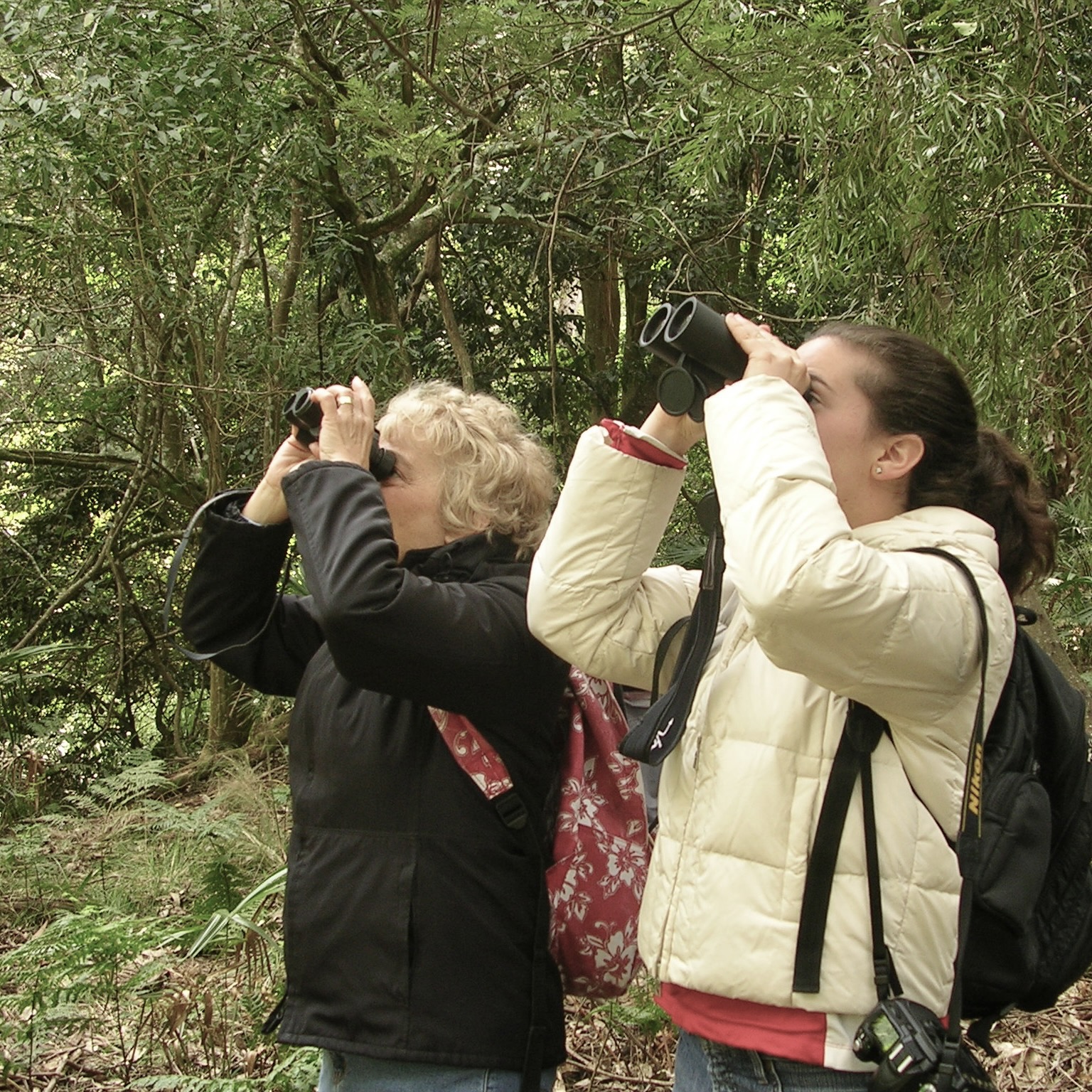
Who is this course for?
This course is designed for beginner or irregular birders, bushwalkers, nature lovers, the curious and students who are ready to go beyond their passing interest and build the skills and knowledge which will truly bring the wonder of birds and nature into their lives.
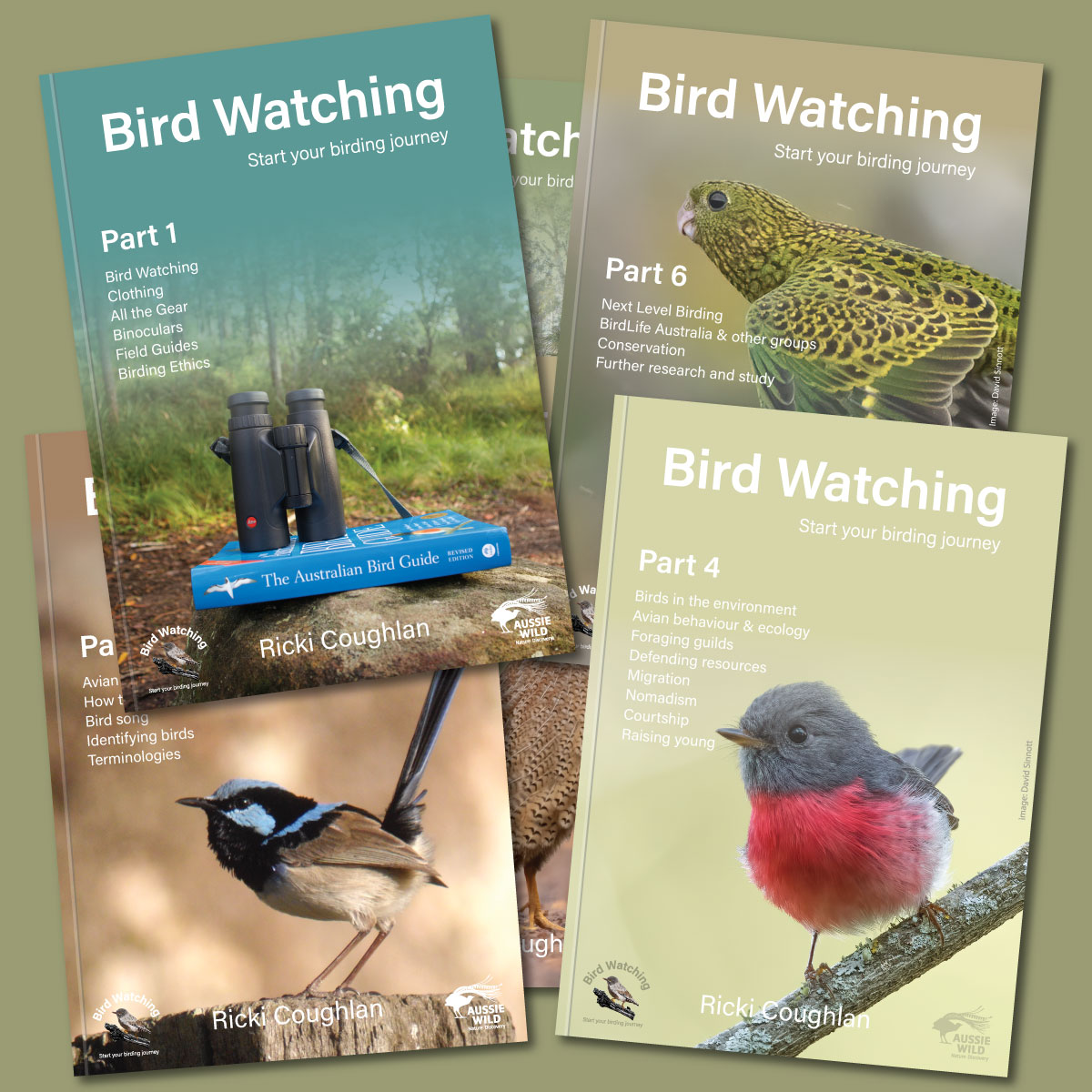
Course composition
The course begins simply and grows in detail as we build upon our knowledge and experience. We explore clothing, equipment, field guides, ethics, avian anatomy, how to identify birds, reading bush environments, avian ecology, bird song, behaviour and more.
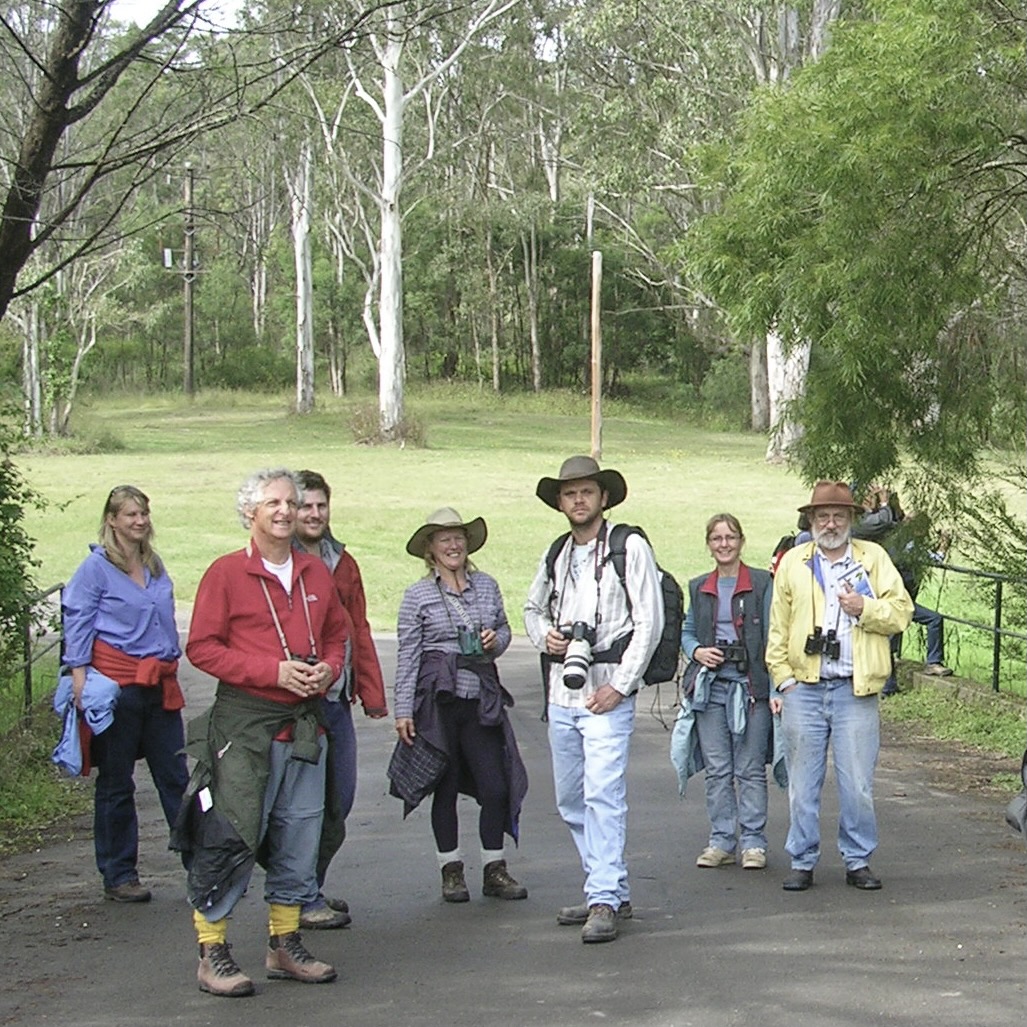
Course outcomes
At the completion of this course you will be a confident birder and hopefully a more passionate and engaged birder, well equipped in a broad understanding of birds which will take you deeper into their lives and relationships. You will be capable of taking on the challenges and joys of birding in every context.
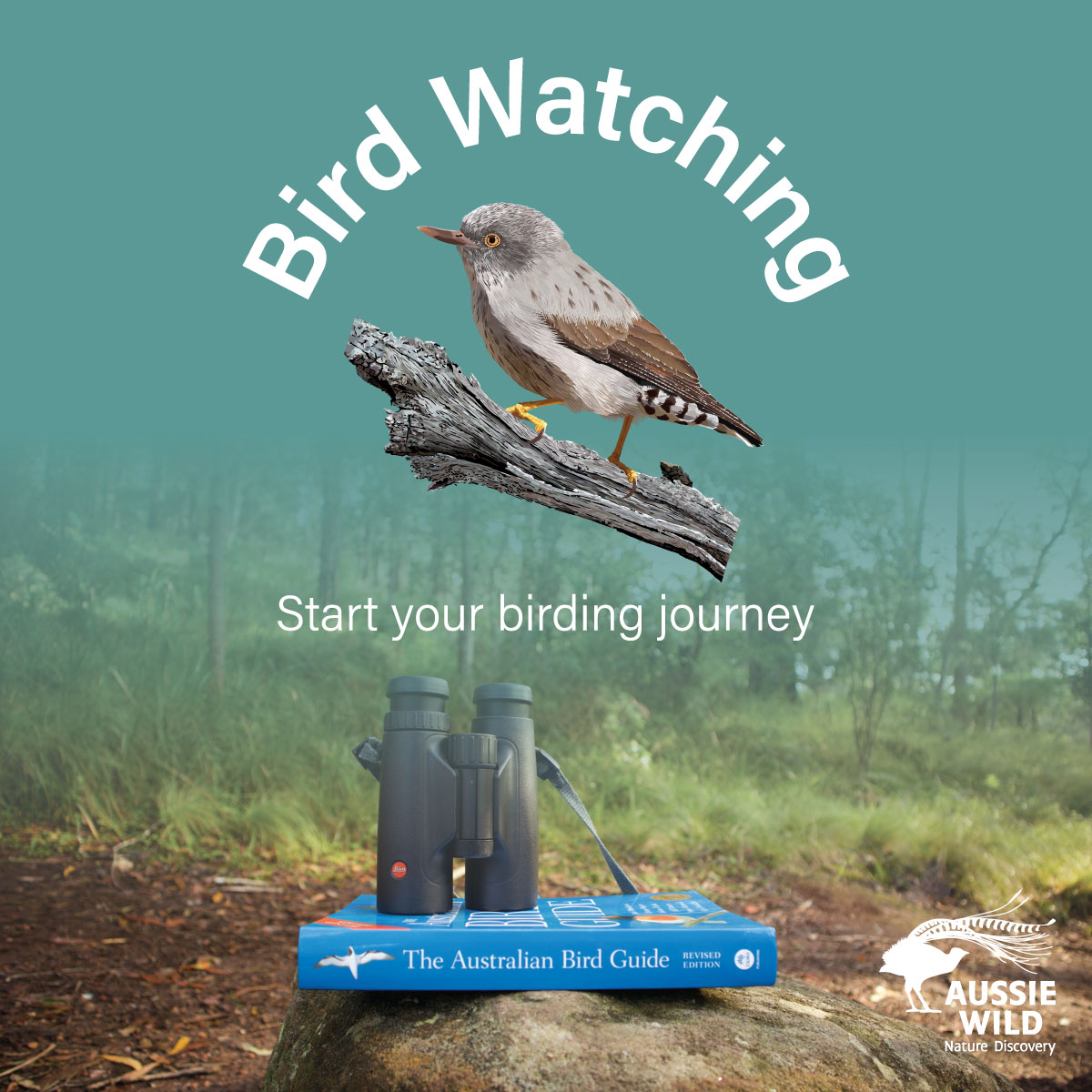
Part 1: Laying the groundwork
Part one of Bird Watching begins with the basics: What is birding and why go birding? We look at clothing, shoes and bird touring essentials. Most people struggle with using binoculars in the field. We learn how binoculars work, how to select the right pair for you and binocular maintenance. You’ll get all the tips on how to quickly get your binoculars onto birds and get a great sharp view of them very rapidly. Seconds count in the field, so this is an important first skill that you will learn to master.
We also explore Field Guides and making the right choice for you as well as keeping records, recording birdsong and Birding Ethics and Etiquette. All this will give you a great grounding upon which to start birding. This part comes with a detailed ebook, zoom conference, a simple assignment and a birding field trip in Royal National Park.
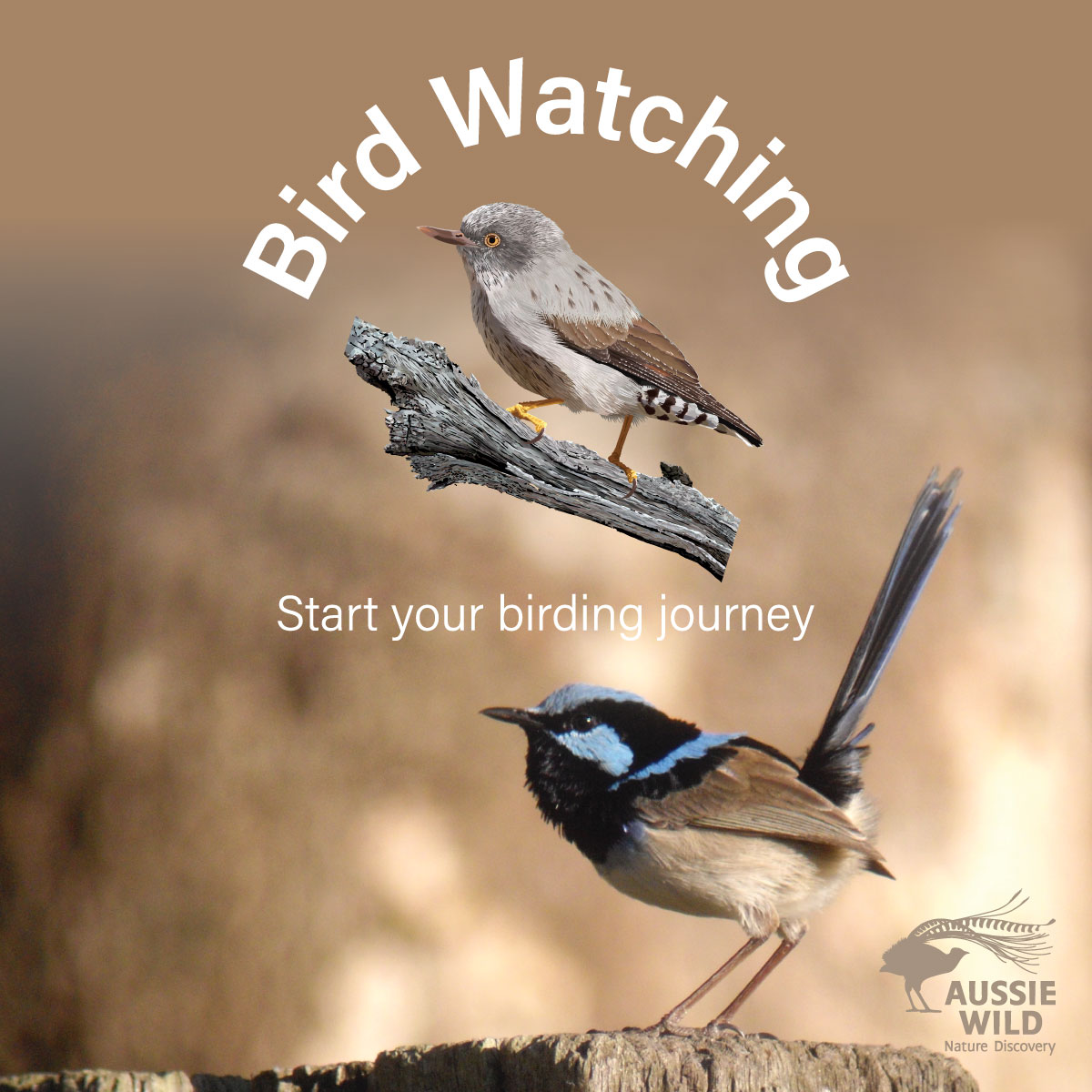
Part 2: Foundations of Birding
Part two of Bird Watching explores avian anatomy: feathers, beaks/bills, scales and wattles. We learn how birds see, breathe, move and fly. We learn about bird song and how and when and why birds sing. We dive deep into bird identification: how to look at birds – you would be surprised how many of us don’t know how to do this basic aspect of observation. We examine behavioural terminologies which will help us gather information and identify each species. This knowledge lays the foundation for solid bird observation and the skills to make the most of your experiences to become confident in the field.
This part of the course comes with a detailed ebook, zoom conference, an assignment and a birding field trip in Royal National Park where we work on observation skills.
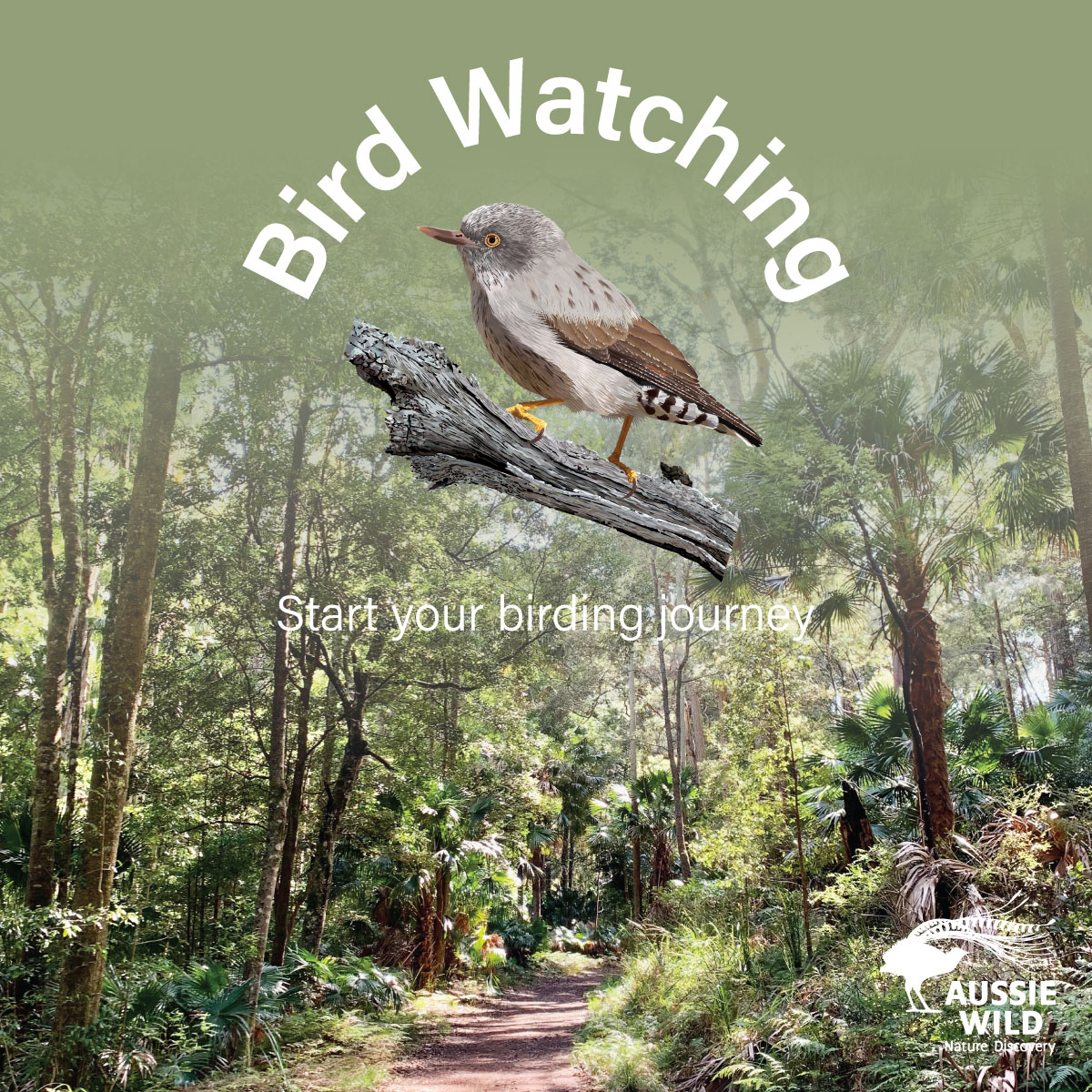
Part 3: Birds in the environment 1
Part three of Bird Watching takes us into birds in the environment: How to read a forest, birding in the heath, how to find birds, how to approach birds, field craft, little brown birds. Each of these aspects of birding demands knowledge and specific skill sets but without them, our birding will always be less successful and possibly frustrating.
Our ebook and zoom conference for this part of the course will give us the theoretical knowledge and we will put that theory to practice in an engaging field assignment as well as two field trips, one in Royal National Park and the other in Barren Grounds Nature Reserve.
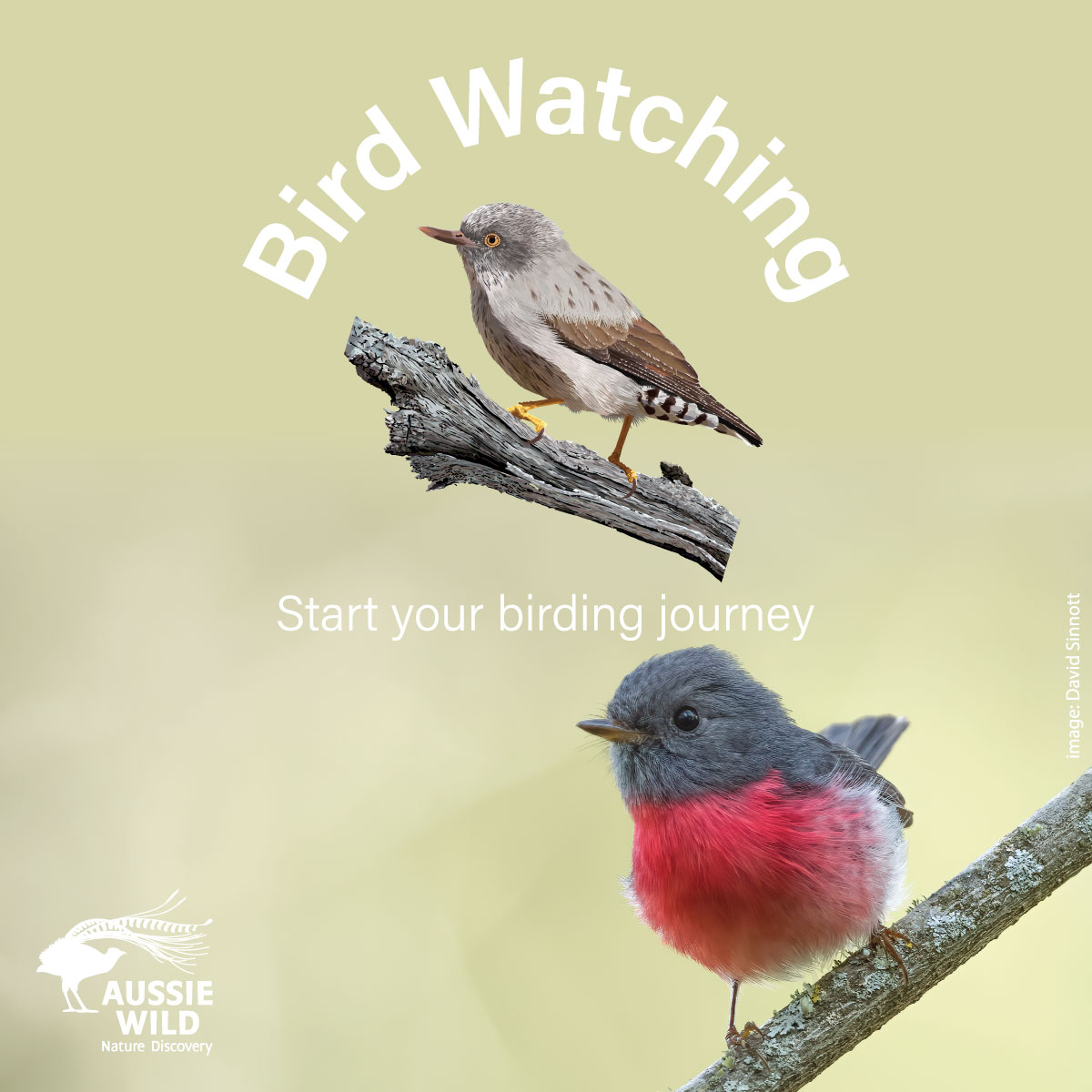
Part 4: Birds in the environment 2
Part four of Bird Watching takes us further into our understanding of birds in the environment. We explore avian ecology, behaviour, foraging guilds, flocks and feeding, territoriality and defending resources, migration, nomadism, courtship and raising young. Understanding these aspects of the lives of birds will help us to find more birds, anticipate their behaviour in the field and have a have a deeper appreciation for their lives, movements and roles in local ecologies.
Our ebook and zoom conference for this part of the course will again give us the theoretical knowledge and we will put that theory to practice in our in-depth field assignment as well as two field trips, one in Castlereagh Reserve in western Sydney and the other in Royal National Park.
Course commences August 12, 2024
Course Fee: $650.00
Includes 6 field trips, 4 zoom meetings, 3 assignments, 4 comprehensive ebooks, unlimited assistance with assignments.
